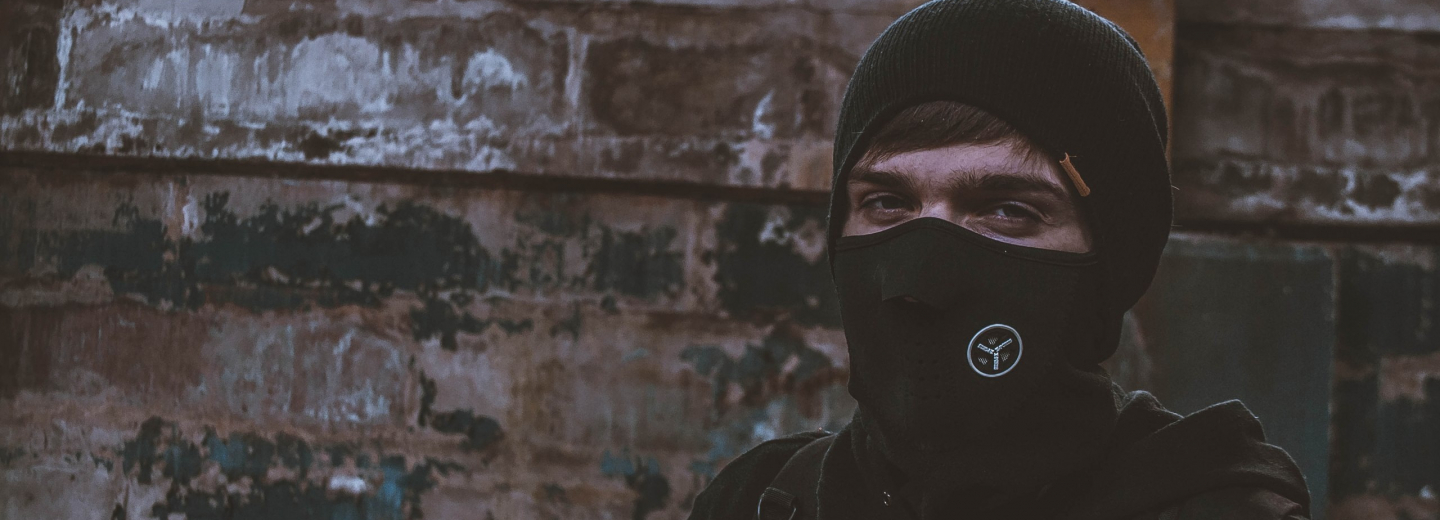December 16th, 2020
By James Taylor, Commissionaires Nova Scotia
Situational awareness is the act of being aware of everything around you at a moment in time. It is your internal skill set that helps you decide how to react to any given situation. This consists of:
- Your perception of your environment. Being aware of what is happening around you at that moment based on what your senses are telling you. What is it that you see? Hear? Smell? Feel? see, hear, smell and how do you feel?
- Your understanding of the situation. What do you think is currently happening based on the information you are receiving?
- Your prediction of what is going to happen. What will take place in the next few moments based on what you understand is happening around you? The actions you take will affect that outcome.
Situational awareness is a set of skills that apply to everyone in any situation. It is our natural ability to protect ourselves.
We currently use situational awareness to deal with the pandemic in many ways. We apply more rigor to personal hygiene by washing our hands, we wear masks, keep our distance from other people, limit numbers gathering indoors, and we work from home if possible. We travel less, and when we do go out, we plan our trips with purpose and efficiency.
Covid-19 has changed everything; how we work, how we live, and how we think. It has changed how we engage with one another in our jobs and in our neighbourhoods. Before Covid-19, no one would wear a mask into a bank or a hunting store. Now business owners must cope with the new requirements to accept and deal with guests and customers. Everyone wears a mask.
Masks negatively impact our situational awareness. Masks limit vision, muffle voices, reduce our sense of smell and make it impossible to fully read facial expressions. They impede facial recognition systems and make in-person identification more difficult. Businesses that require the checking of ID must use due diligence when verifying identities. Masks can be exhausting for all involved.
Masks affect body posture. When you wear a mask, you carry yourself differently. You are aware that one of your essential communications tools has been hindered. This change causes a person to communicate differently. Masks also grant people anonymity. Like an online persona, people can feel empowered to do or say what they like because they are more hidden and think less about the consequences.
How can I apply situational awareness when everyone around me is wearing masks? That answer rests in the non-verbal communication that we all use, whether we realize it or not. We put so much energy into what we are saying and how we are saying it, that we do not understand how the rest of our body is communicating. We need to pay attention to non-verbal communication when dealing with people wearing a mask. The key is knowing what to look for.
- HANDS: What are the hands saying? Are they open or closed? Are they being hidden on purpose? Hands can be used for pushing, striking, grabbing or producing a weapon. Hand position and actions give you essential information about the person’s intent.
- BODY POSTURE: How are they standing? Are they positioned in a friendly or threatening manner? What are their eyes telling you? Are they glaring at you directly or avoiding eye contact? Are they scanning the room for security cameras? Body movements may be more pronounced and not fit the environment around them.
- VOICE: How are those who are speaking sound? Are they slurring their words? Raising their voice? Talking very fast? Or are they silent?
Situational awareness is knowing what the risks are and knowing how to react. Most importantly, situational awareness helps us know when to react. It is about planning and being prepared. Parents should discuss situational awareness with their children, whether during elementary school or college. Companies should have an emergency plan and a security plan within the framework of their business and it should be updated for the new risks associated with Covid-19. Use situational awareness in new ways to your advantage, especially in this era of the mask.
To learn more on this topic, watch James Taylor’s free 20-min webinar HERE.
About the Author:
James Taylor, CSP, Business Development Officer, Commissionaires Nova Scotia
[email protected] / 902 220 9773
James joined Commissionaires in 2011 following a successful career in airport screening operations. He is certified in advanced x-ray technologies, physical searches, and explosive detection trace. His career milestones include developing the Charlottetown Airport Emergency Response Plan and coordinating athlete screening for the 2009 Canada Games and the 2010 Olympics Games in Vancouver. He was a Canadian Delegate to AVSEC Counter-Terrorism Conference Frankfurt, 2010.
Outside of work, James is a Certified Range Safety Officer and a former Canadian National Karate medalist with a 4th Degree Black Belt. His love of fine Italian cheeses helped him make the Guinness Book of World Records in 2014.

